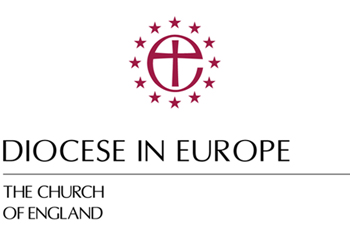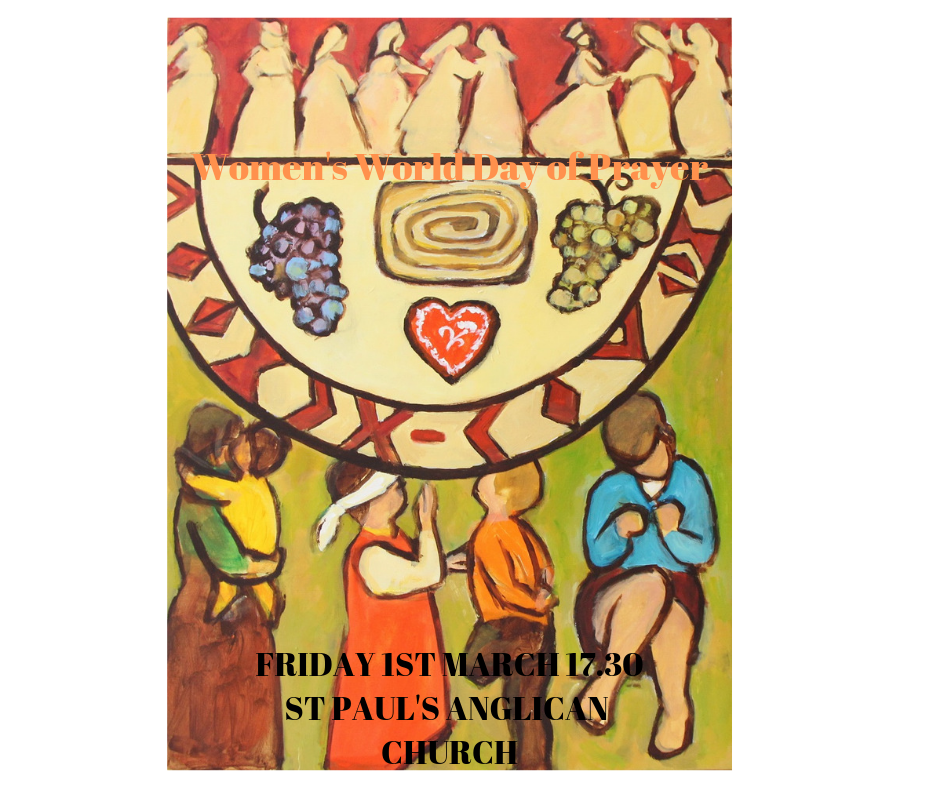Palm Sunday 2019 (Lent Series on the Liturgy – 5. The Sacrament of Mission)
Sermon preached by the Revd. Canon Leonard Doolan.
Over these weeks in Lent I will be offering 5 sermons based on the Liturgy – the weekly offering of the church in which God’s glory in Christ, and in us, is celebrated. This is the last in the series.
Each week the subject will be preceded by the word ‘sacrament’. I am using this word in its loosest sense because I do not want to confuse what we are doing with the 7 formally recognized Sacraments of the church. This ‘looseness’ of the word ‘sacrament’ I discovered recently when reading a book on the Eucharist by the great Orthodox theologian, Father Alexander Schmemann.
I am working with the basic meaning of ‘sacrament’, namely ‘the outward visible sign of a hidden invisible grace’. In other words, a mystery revealed.
To recap – in the first week we thought about the nature of the church focusing on the image of the ‘household’ and then into thinking about the Sacrament of the Gathering of the household of faith, and the immediate need for repentance, Kyrie eleison, followed by the outburst of Gloria (except in Lent and Advent). In week 2 we reflected on the Sacrament of the Word, balancing the word of God in scripture, and God in Christ as the Word made flesh. We considered the Sacrament of Prayer, looking at 5 points in the Liturgy when prayer is the task of the household of God. Last week we reflected on the Sacrament of Offering, ending with a quote from Dom Gregory Dix. (full text in previous sermon).
The Dom Gregory Dix quote from last week is a good starting point for us today as we think of the Sacrament of Mission. His was a reflection on the dominical words in the great Thanksgiving Prayer, ‘Do this in memory of me’. These words are recorded in the three synoptic gospels, Matthew, Mark and Luke. The words constitute one of the two ‘great commands of Jesus’. Dix ends his reflection with the words, ‘Was ever another command so obeyed?’
The other ‘great command’ of our Lord is to be found at the end of St. Matthew’s gospel (Matthew 28, 19). In this he commands his followers to ‘go out’ to all the nations πάντα τά έθνη and to do to all peoples what he has done in the mystery of his death and resurrection, namely the creation of the household of faith. The household is created, not through birth right, so quite distinct from Judaism, but by baptism in the name of the divine Trinity. One bishop I once knew used to say that ‘you can be born in a garage, but it doesn’t make you a mechanic’. Christians are not born, they are adopted by the grace of baptism into the household of faith, and Our Lord clearly links baptism with that command to ‘Go out’.
So if, as I suggested last week, the Liturgy revolves around the great offering or anaphora, so the consequence of the Liturgy is to be found in the Sacrament of Mission.




